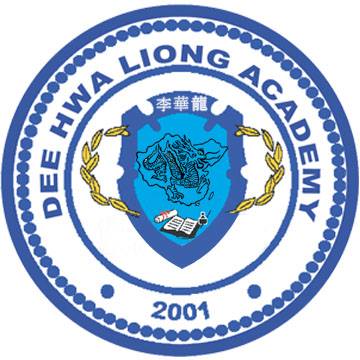
基本資料 | Information
Mr. Cao Pek also known as Dee Hwa Liong was born in Gunkang, Fukien, a province in Mainland China on August 30, 1917. At the tender age of six years, his parents brought the young boy to the Philippines, settling at Moncada, Tarlac. Those early years were difficult for the immigrant family from China.
Orphaned when he was still young, mr. Cao Pek left Moncada to seek his fortune in Manila when he was 17 years, he learned to fend for himself by first working as messenger, a market vendor, then as a radio technician.
At one time, he also served as a temporary staff member of the Chinese Christian Gospel Church. He sent himself through school, first to the Nan Yang High School, and later to the National Radio Academy at Raon St., where he spent many long nights after work learning the skills of a radio technician.
His love for sports also began early in life, when the Philippines hosted the 10th Far East Asian Games in 1934. Disappointed to see Chinese athletes losing to competitors from neighboring countries, he decided to do something about it on a personal level. He became an excellent athlete himself, eventually representing the Filipino-Chinese community in track and field at the 7th Chinese National Games held in Shanghai, China in 1948. on a higher level, he and his friends set up the Kiong Hun Athletes Association in 1934 to promote sports development within larger Chinese community.
He maintained his commitment to youth and sports development throughout the rest of his life. He became a patron of the track and field movement expending much of his own time and money to work with young men and women who wished to develop their skills on the field. When the Philippines was drawn into the Pacific war, Mr. Cao Pek did not sit idly by. He joined the Ex-cowhm Guerilla unit to resist the Japanese invasion. When his elder brother was captured by the Japanese army, he surrendered himself to gain his brother’s freedom. He was later released by the Japanese in a
